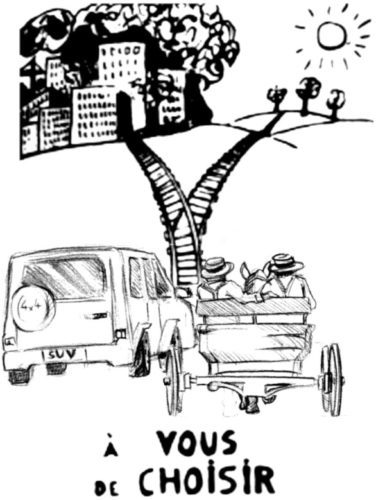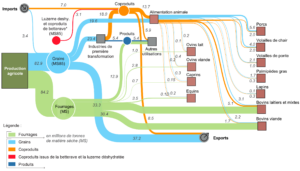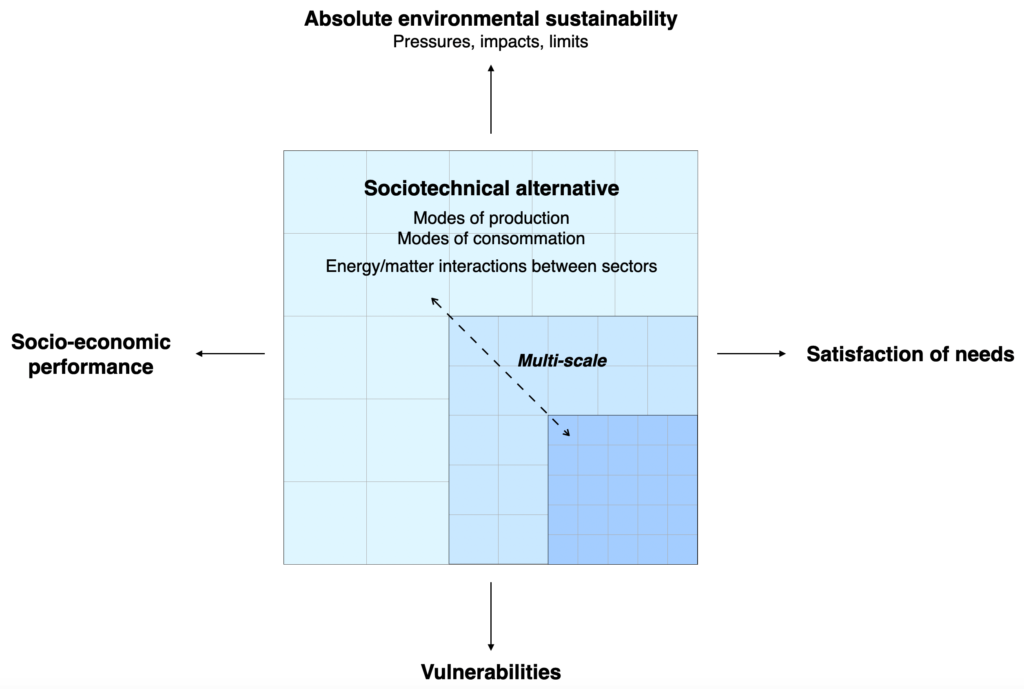Brouillon créé le 29 March 2023 à 15h16
10 January 2023
(Français) La notion de sobriété renvoie à une distinction implicite entre désirs et besoins, la distinction entre...
More info
 Sociotechnical alternatives
Sociotechnical alternatives

The Sociotechnical Alternatives research axis aims to study the material basis of the economy (in physical rather than in monetary units), to analyze its environmental impacts, and also to propose participatory methods allowing stakeholders to imagine their own alternatives in terms of modes of production and consumption. It is composed of two sub-axes: analyses of particular supply-chains (in the continuity of our previous works), and systemic analyses of sociotechnical alternatives for the economy as a whole, taking interactions between sectors into account.
In both cases, our aim is to produce multi-scale analyses (e.g.: local scale < French region < France < Europe < World) that will help to inform collective decision-making for a transition towards sustainable modes of production and consumption.
Material flows (production, transformation, exchanges, consumption, waste) are the basic building blocks of our supply chain studies. We designed methods and tools to model a supply chain (in terms of products, sectors and possible flows between them) and reconcile incomplete and/or inconsistent data. The flows allow :
So far, our research has mainly focused on the agriculture and forest-wood chains.
Results and softwares are available on the following website (only in French for the time being): www.flux-biomasse.fr.
STEEP works closely with the TerriFlux company on this theme.

Source: CORDIER C., SAILLEY M., COURTONNE J.Y., DUFLOT B., CADUDAL F., PERROT C., BRION A., LECADRE P., PEYRONNET C., BAUMONT R., 2020. Material Flow Analysis of livestock feed in France. GIS Avenir Elevages, 6 pages.
The objective of this research program is to help shed light on the debates around possible alternatives: what would a one-planet economy look like and what standards of living would it imply? What compromises will have to be made between socio-economic and environmental criteria, between resilience, equity and sustainability of territories?
Our work is structured around four main objectives:

10 January 2023
(Français) La notion de sobriété renvoie à une distinction implicite entre désirs et besoins, la distinction entre...
More info26 November 2019
(Français) La notion de sobriété renvoie à une distinction implicite entre désirs et besoins, la distinction entre...
More info